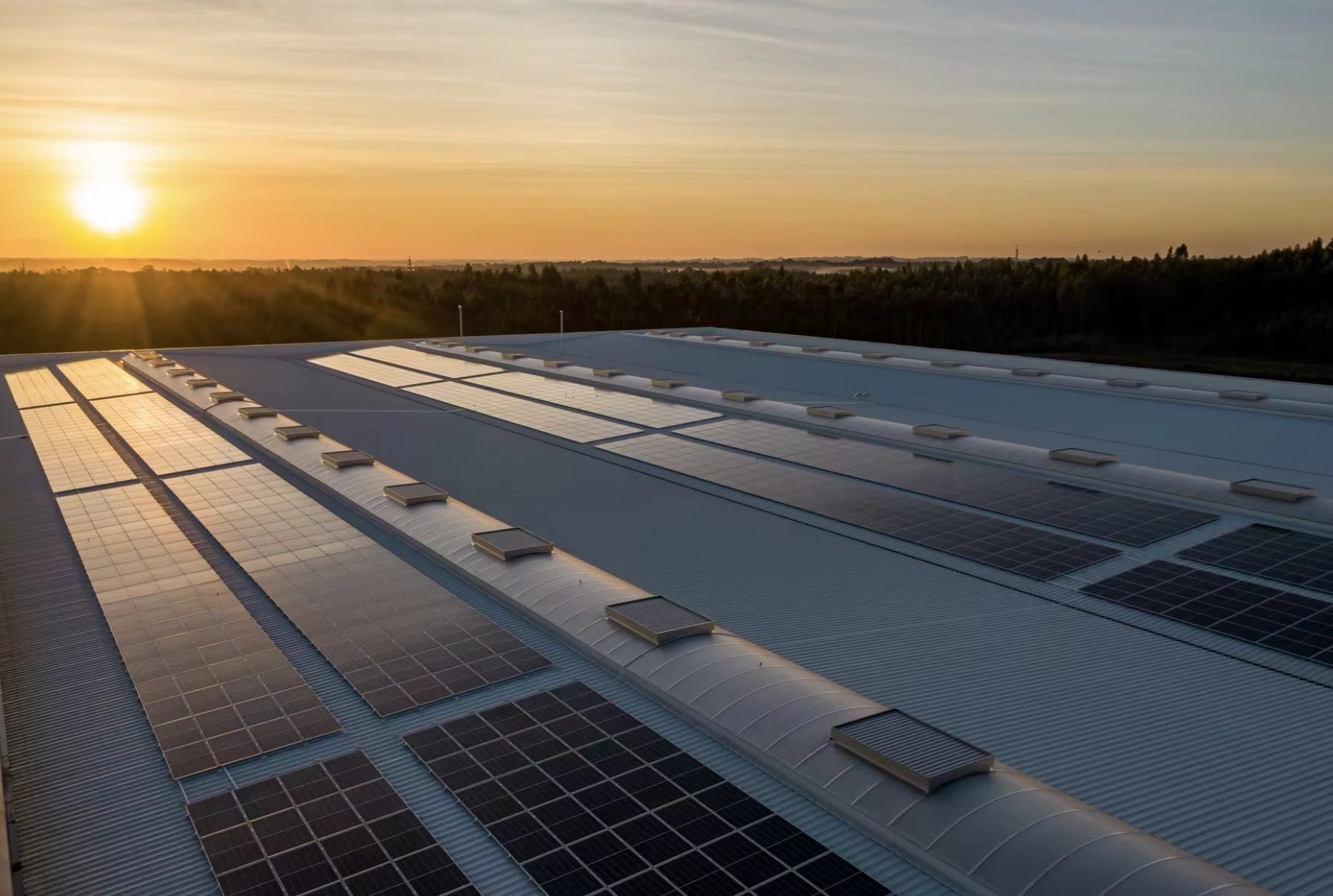
Sustainability-focused investment manager Mirova announced that it raised $171 million in the first close of its blended finance debt fund, the Mirova Gigaton Fund.
The fund aims to provide medium to long-term debt financing for clean energy projects primarily in emerging countries in Asia and Africa, as well as in Latin America and the Middle East, according to the announcement.
Mirova, the sustainable investment-focused affiliate of asset manager Natixis Investment Managers, said it targets to raise $500 million for the fund and expects to deploy $1.2 billion of private debt to SMEs.
Particularly, the fund focuses mostly on areas including solar home systems, agri-solar, commercial and industrial solar, telecom tower solarisation, mini-grids, as well as e-mobility, battery storage, and carbon credit pre-financing.
The vehicle has so far received commitments from the US International Development Finance Corporation (DFC); Swedfund, Sweden’s development finance institution for sustainable investments in developing countries; and the Swedish International Development Cooperation Agency.
Natixis Private Equity, the private equity arm of Natixis Investment Managers, also invested in the fund along with new investors.
Mirova said the fund already has a pipeline of investments in over 30 countries and continues to actively seek new investable opportunities further the efforts to build a sustainable and low-carbon future.
Ryan Levinson, director of the Mirova Gigaton Fund, said the vehicle will help accelerate the transition to a low-carbon economy and improve energy access in Asia Pacific, Africa, and Latin America.
“Addressing climate change requires a reallocation of capital to decarbonising global economies, particularly a clean energy transition in emerging markets,” Levinson added.
Founded in 2014, Mirova said it is committed to responsible investment and has signed the United Nations-supported Principles for Responsible Investment (PRI).
Its investment process involves rigorous analysis of environmental, social, and governance (ESG) factors, as well as engagement with companies to encourage them to improve their ESG practices.
In Southeast Asia, firms are taking steps to stay ahead of the ESG curve. Corporations and venture capital funds are also raising dedicated funds and deploying capital in startups building solutions to tackle environmental problems.
For instance, Wavemaker Partners launched its climate tech venture builder Wavemaker Impact last October while Atlas Capital aims to raise a $10-million debut fund for its climate tech fund.
Singapore-based Circulate Capital closed its second fund Circulate Capital Ocean Fund I-B (CCOF I-B) in July last year, bringing the vehicle’s total commitments to $53 million.
